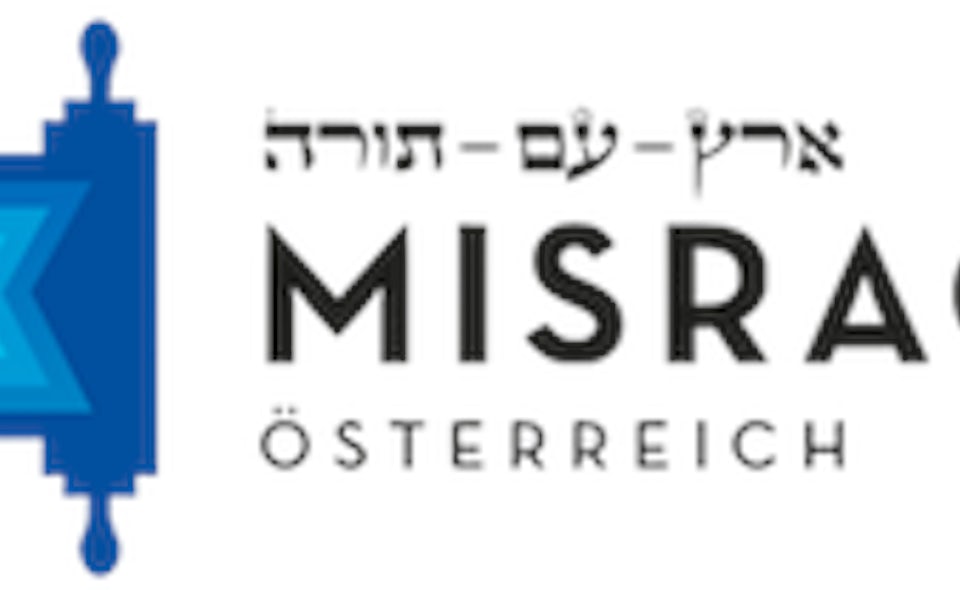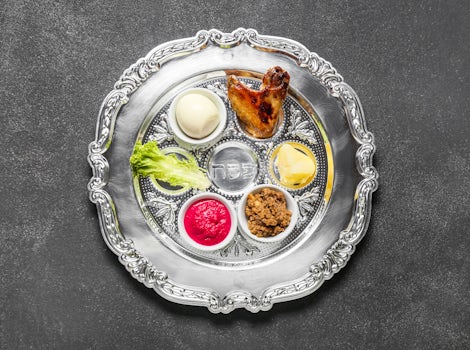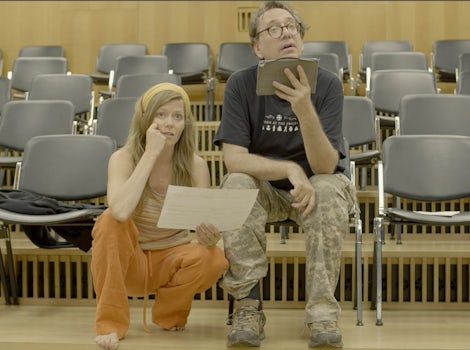Misrachi Österreich und das Wiener Wiesenthal Institut für Holocaust-Studien (VWI) laden anlässlich des Gedenkjahres zum Workshop „80 Jahre nach dem Novemberpogrom. Resilienz und Widerstand. Leben und Lernen unter unmenschlichen Bedingungen“.
Der Workshop findet in Wien statt. Der Workshop wird auf Englisch abgehalten.
06.11.2018 | 14:00 - 18:00 |
Eine Veranstaltung von Misrachi Österreich in Kooperation mit dem Wiener Wiesenthal Institut für Holocaust-Studien (VWI) und _erinnern.at_.
“It is not only the external form of life that has changed in the ghetto [...] It is not only the clothing that has come to look tattered and the faces to wear mask of death, but the entire Jewish trend of thought has been totally transformed under the pressure of the ghetto [...] The ghetto, the great negator of the civilisation and progress that people nurtured for centuries, has swiftly obliterated the boundaries between sanctity and dignity, just as it obliterated the boundaries between mine and yours, permitted and forbidden, fair and unfair.“ (Josef Zelkowicz) From Primo Levi to Jean Améry, many survivors reported the human consequences of the extreme life conditions in ghettos, concentration camps and forced labour barracks. However, many survivors testify that in spite of all, the ‘Jewish trend of thought’ has not been totally transformed, and religious life, cohesion and solidarity played a formative role for survival.
Our workshop wants to draw attention to moments of resilience and resistance under inhuman conditions. Resilience on an organisational level means the ability to withstand changes in one’s environment and still be able function, in this case the entities of family, peer group or professional environment are of crucial importance. Psychological resilience is the individual ability to adapt in the face of hostile conditions, to find daily routines and to imagine everyday life outside of the walls of the ghetto, the camp or the confinement in general.
80 years after the November pogrom of 1938, we want to trace these “small acts of resistance” in everyday life during the Holocaust by adopting an actor-centered approach and by highlighting the in-spite-of-all moments of family and religious life of the Jewish deportees. Questions that will be discussed in the presentations and the working groups with students are:
● How was family life organized?
● Were there spaces for a professional life, spaces of learning and studying?
● How was religious life possible, how were certain rituals adapted to the conditions given?
● How was community life organized?
● How were certain gender roles and roles in familiar constellations adapted to the situation?
● What was the role of imagination and creativity in inhumane conditions?
● How has the experience of resisting permeated and shaped Jewish thought after the Shoah?
● Which sources do we have to study these “small acts of resistance”?
Programm: - Link
Seminarort: Wien, Ort wird noch bekannt gegeben
Anmeldung: Die Anmeldung erfolgt direkt über Misrachi Österreich: info@misrachi.at



